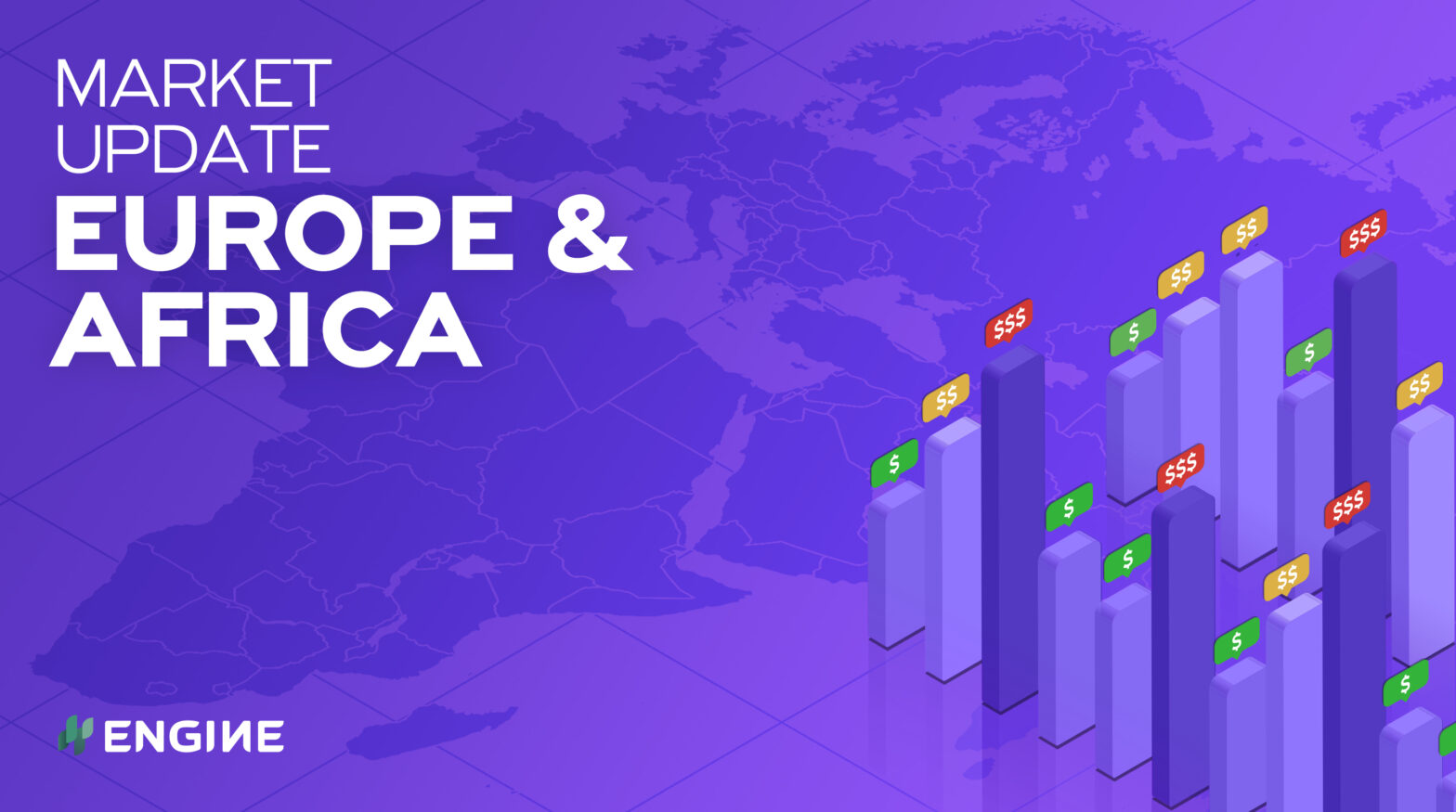European and African bunker prices have made fresh gains at the end of the week, and rough weather has delayed bunkering in Gibraltar and Algoa Bay.
Changes on the day to 08.00 GMT today:
VLSFO prices up in Rotterdam ($6/mt), Gibraltar ($3/mt) and Durban ($1/mt)
LSMGO prices up in Gibraltar and Durban ($5/mt) and Rotterdam ($3/mt)
HSFO prices up in Gibraltar ($15/mt) and Rotterdam ($8/mt)
Gibraltar’s VLSFO premium over Rotterdam has halved to just $3/mt today. Gibraltar typically prices the grade at premiums of around $20/mt over Rotterdam, Europe’s biggest bunkering port. But the two ports have had narrow price differences in the past week, with Gibraltar’s price occasionally dipping below Rotterdam’s.
There has been “zero visibility” in the Bay of Gibraltar this morning and vessels have been prevented from entering the port, port agent MH Bland says. Two vessels are currently waiting for pilotage to resume, and the fog is expected to dissipate soon.
“Inbound traffic will resume shortly as visibility improves further,” the port agent says.
High winds are forecast in Gibraltar and Algeciras from tomorrow, and in Ceuta from today, possibly complicating bunkering at anchorage then.
Las Palmas’ outer anchorage bunkering faces potential disruptions from high swell today. The swell is set to last until Tuesday next week.
Tenerife has more moderate swell and bunkering is proceeding as normal.
Bunkering could restart in Algoa Bay with lower swell later today, according to port agent Sturrock Grindrod. Three vessels were at anchorage waiting for bunkering to resume earlier this morning. Another five vessels are expected to arrive today, and six over the weekend. Congestion could build if weather conditions remain unfavourable.
Brent
Front-month ICE Brent has dipped from highs of more than $76/bbl yesterday, but has added $0.46/bbl on the day to 08.00 GMT, when it stood at $75.71/bbl.
The futures contract is heading for a 2% increase on the week. It has been pushed higher by US oil inventory data showing crude stocks at their lowest since January 2020, and robust road fuels demand pulling gasoline out of storage.
US mobility and economic activity has not been dented to the same extent as during previous Covid-19 waves as people’s behaviour is unlikely to change now that there is higher vaccination coverage and fewer restrictions on movement, the Federal Reserve said in a meeting yesterday.
High inflation has eroded some purchasing power in the US and weighed on the US dollar, which makes commodities priced in dollars such as Brent more attractive to investors.
“A large part of yesterday’s rally was part of a broader move, with the USD coming under quite a bit of pressure,” ING strategists Warren Patterson and Wenyu Yao said today.
“Although in early morning trading this morning, the market is giving back some of these gains, with the USD trading higher.”
The demand outlook remains uncertain as the Delta coronavirus variant rips through parts of Asia, Europe, Australia and the US. Japan has extended state of emergency measures to more areas and for a longer period of four weeks, up from three weeks previously, Argus Media reports. The country’s new daily infections hit a record of more than 10,000 yesterday, prompting extended bans on alcohol and travel curbs.
